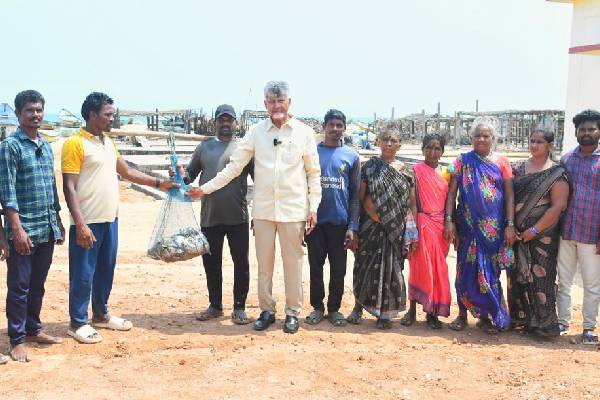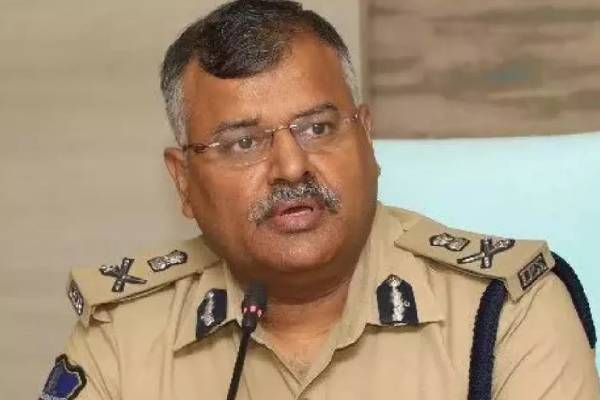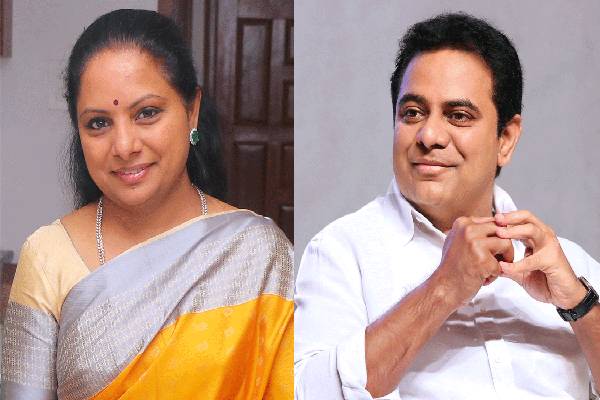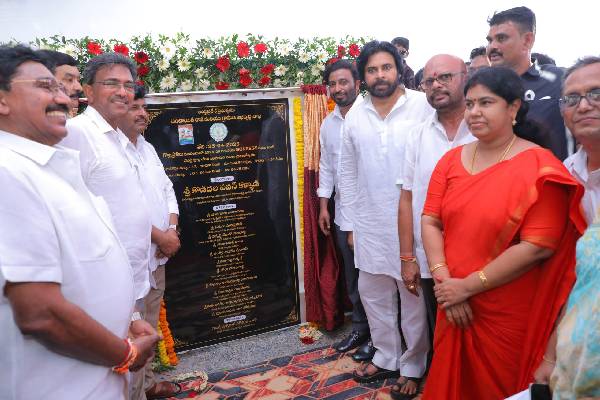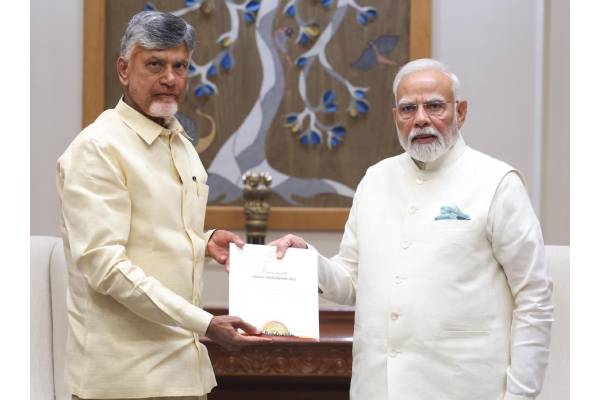The Supreme Court of India has issued a significant ruling against “bulldozer justice” at a time when Telangana’s newly formed HYDRAA (Hyderabad Development Regulation And Protection Authority) faces scrutiny over high-profile demolitions. This timing brings national focus to the balance between property rights and government authority to remove encroachments.
Supreme Court’s Landmark Ruling
Chief Justice DY Chandrachud, leading a three-judge bench, declared that demolishing properties without following legal procedures threatens fundamental rights protected under Article 300A of the Constitution. The Court emphasized that while illegal structures can be removed, authorities must follow proper legal channels and due process.
HYDRAA Actions in Telangana
As the Supreme Court ruling reverberates across India, HYDRAA’s recent actions in Telangana have garnered significant attention. The agency has undertaken several notable demolitions, including the N Convention Centre owned by prominent actor Akkineni Nagarjuna in August 2024. Additional actions targeted structures at Oro Sports Village and Palamuru Grill for alleged encroachment of the Hussain Sagar lake buffer zone. The demolition of a Greenko Group building, a renewable energy company known for its BRS party donations, has further intensified public debate.
Legal Framework and Government Position
The Supreme Court’s ruling comes at a crucial time as Telangana Chief Minister Revanth Reddy defends HYDRAA’s actions as his “dharma” to protect Hyderabad’s water bodies and government lands. The state government has moved to strengthen HYDRAA’s legal position through an ordinance granting enhanced powers, including inspection rights and penalty imposition abilities under the GHMC Act.
Balancing Authority and Rights
The intersection of these developments raises important questions about the balance between government authority and property rights. While the Supreme Court case from Maharajganj, UP (resulting in ₹25 lakhs compensation for improper demolition) sets clear boundaries against arbitrary action, HYDRAA’s operations highlight the complexity of implementing these principles in practice.
The situation has polarized public opinion in Telangana, with some citizens supporting the government’s decisive action against encroachments while others express concerns about fairness and accountability. This mirrors broader national debates about property rights and government authority, as highlighted in the Supreme Court’s recent ruling.
The Supreme Court’s emphasis on due process and property rights protection will likely influence how agencies like HYDRAA conduct future operations. As states grapple with encroachment issues, this ruling provides a crucial framework for balancing development needs with citizens’ rights.
-Sanyogita





















